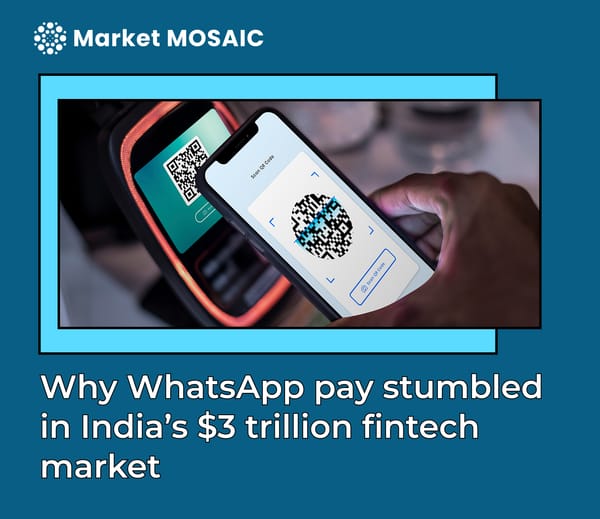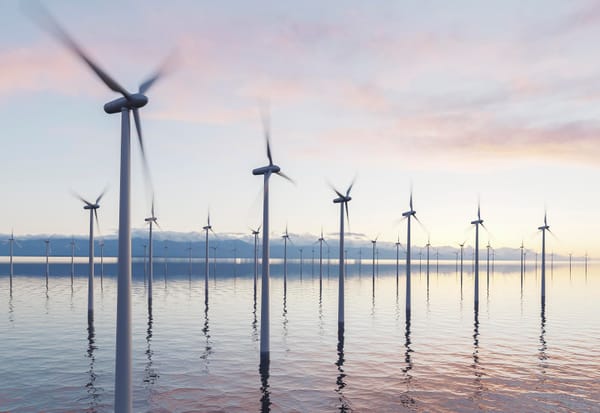Gaming's Next Frontier: The Esports Metaverse Opportunity

Move over basketball and soccer. Increasingly, the athletes of tomorrow are foregoing real-world sports to pursue careers as digitized esports superstars battling on virtual fields of play.
While the concept of organized competitive video gaming has existed for over four decades, the 2020s are solidifying esports as a ubiquitous cultural and economic juggernaut. With worldwide esports viewership expected to surpass 500 million by 2025, the ecosystem now represents an immense frontier for innovative brands and platforms.
At the professional level, top esports talent and franchises are already securing nine-figure sponsorship deals, broadcast rights contracts and earnings opportunities rivalling traditional major league sports. However, esports is rapidly scaling beyond mere recreations of existing athletic models.
We're witnessing the rise of an entirely new "metaverse" digital frontier where esports communities, gameplay and intersecting entertainment experiences will coexist in persistent virtual worlds and simulated arenas. This genre convergence between interactive gaming, streaming media, social connectivity and consumer-driven worldbuilding represents an unprecedented greenfield opportunity.
According to revenue projections compiled by Newzoo, the esports metaverse ecosystem already facilitates over $1.2 billion annually across tournament platform fees, avatar gear and accessory sales, downloadable content and virtual in-experience purchases. By 2030, this figure could swell to nearly $48 billion globally as metaverse infrastructure and capabilities rapidly evolve.
Esports is the spark igniting the broader metaverse shift across entertainment, community and economic models. Games will become digital playgrounds where athletes, creators, viewers and brands constantly build shared metaverse worlds and experiences together.
And it's not just gaming franchises capitalizing on esports' disruptive growth.
Major brands, including BMW, Gucci and Coca-Cola, have already begun establishing persistent metaverse presences, launching limited-edition digital clothing collections and hosting massive virtual concerts and tournaments on platforms like Roblox and Fortnite. For younger global audiences, these gamified brand activations carry as much cultural imprinting potential as their physical world counterparts.
Consumer goods giants and media networks are even rethinking new product and IP development from a digital-first lens. Take Wilson's recent launch of its first digitally originating basketball exclusively for metaverse esports use. Or examine Netflix's aggressive investment into gaming IPs like the hit Exploding Kittens franchise.
The blurring of reality, simulated life and constructed community at the nexus of the metaverse esports boom represents nothing short of a seismic sociocultural shift disrupting every sphere of human activity. Thriving in this new era will require holistic realignment of how organizations approach R&D, product design, marketing and monetization itself.
While technological boundaries will continuously push outward, the foundation of value creation within the esports metaverse will remain centred on delivering immersive, world-building entertainment experiences that foster shared connectivity. Whether a brand or media behemoth, victory will belong to those who can integrate authentically into these infinitely explorable new digital frontiers.




